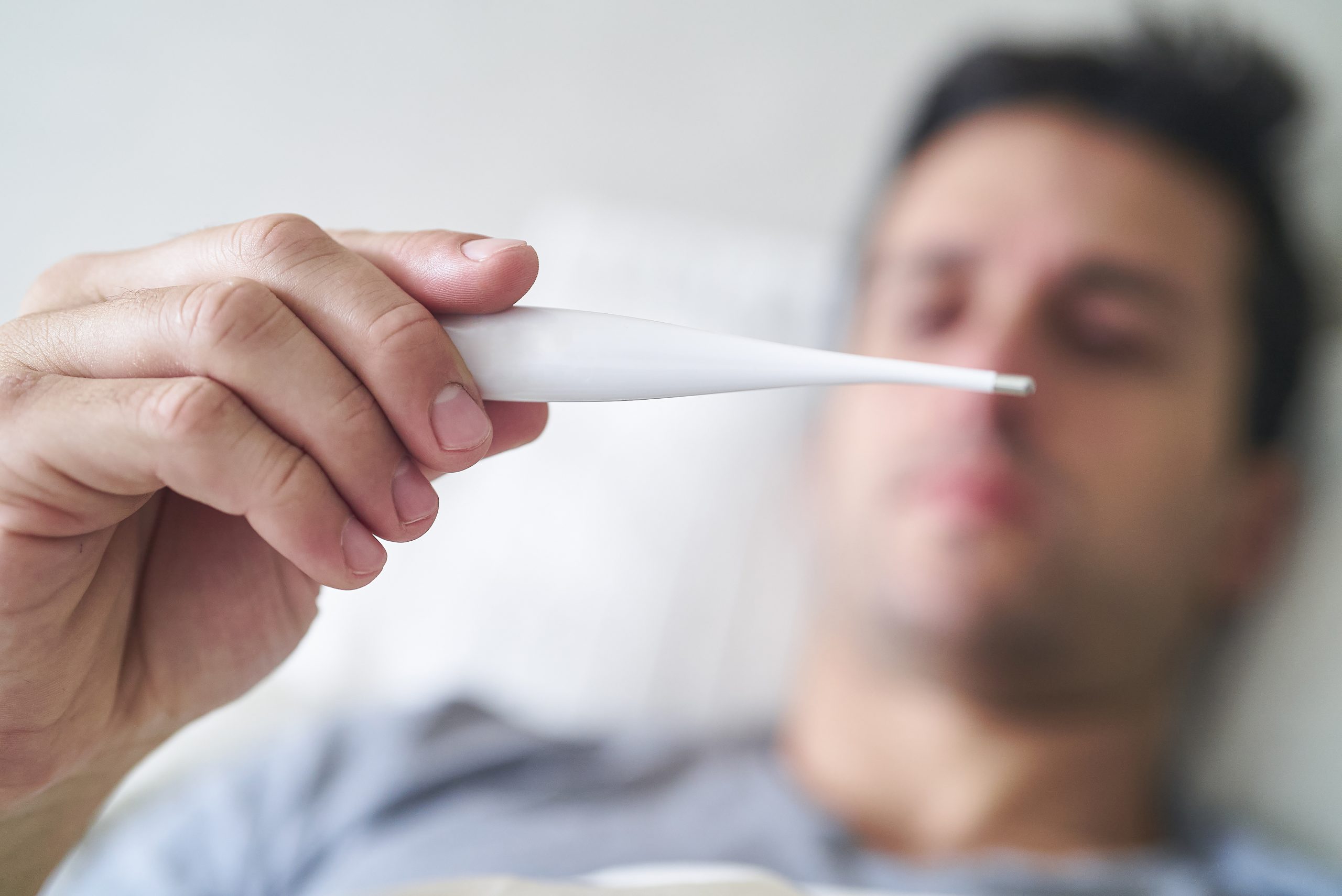Adam’s Journal
My son just had his tonsils out. In the days after his surgery, he’s been running a low-grade fever. His doctor told him not to be concerned, so long as his temperature stays around 100 degrees and doesn’t linger too long.
Still, as a parent, I can’t help but worry. Couldn’t he have an infection? Or one of these cases of Covid that seem to be everywhere these days?
Dr. Scofield Prescribes
Ah, the post-operative fever. It’s an extremely common issue with surgeries, and you see it regularly when dealing both with inpatient procedures or outpatient surgeries like your son’s.
Not long ago, I was leading an internal medicine rotation, and the question came up on a consultation we were doing. And I’m happy to report that one of the medical students on the rotation nailed the answer.
He said that unless the patient running a post-operative fever showed evidence one of the so-called four Ws, there was no cause for concern.
Now, let me elaborate.
The four Ws are wound, wonder drugs, water and wind. They’re a good way to remember post-surgical causes of fever that can be serious.
Wound is when the surgical site is infected. Wonder drugs are allergic reactions to penicillin or related drugs that are often administered post-surgically. Water is a urinary tract infection. And wind is a lung infection like pneumonia.
Each of these sources of infection come with their own symptoms. For instance, a wound infection oozes pus. A lung infection is accompanied by a cough and sputum. Drug allergies can cause breathing difficulties and swelling. And people with urinary tract infections have to urinate frequently.
If your son doesn’t check any of these boxes, there’s likely nothing to worry about. It’s a transient event after surgery that some (but by no means all) experts believe is caused by a phenomenon called atelectasis, which is essentially a minor collapse of the lungs.
You are right to be vigilant. However, so long as your son doesn’t show evidence of the 4Ws – or Covid, which carries its own separate symptoms – I expect the problem to resolve on its own. In the meantime, he can take ibuprofen or Tylenol to manage the fever as needed.
–
Adam Cohen is OMRF’s senior vice president and general counsel. Dr. Hal Scofield is a physician-scientist at OMRF, where he is a professor in the Arthritis & Clinical Immunology Research Program. Scofield also serves as Associate Chief of Staff for Research at the Oklahoma City Department of Veterans Affairs Medical Center.



